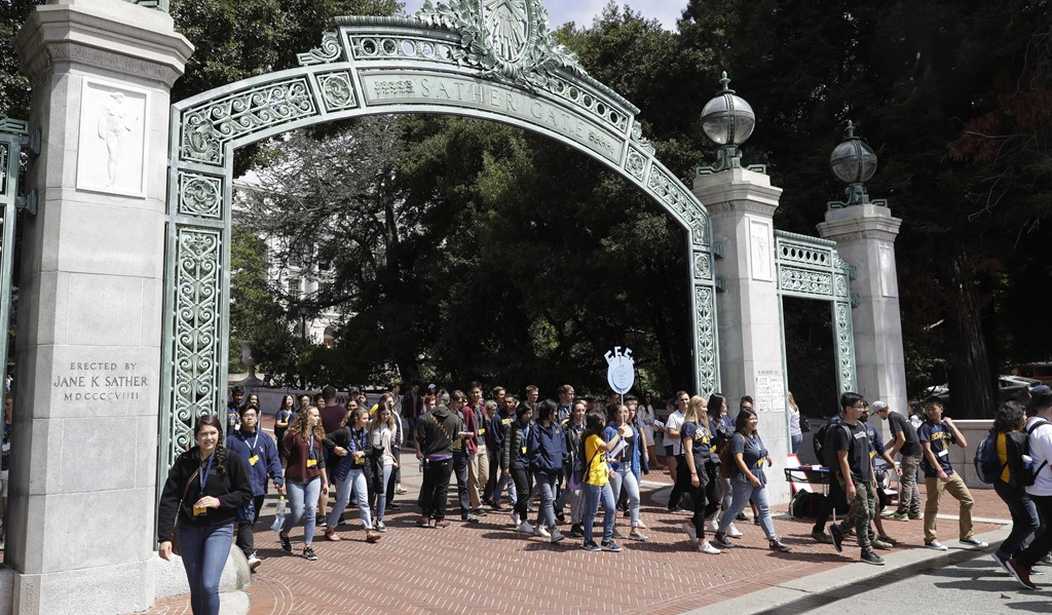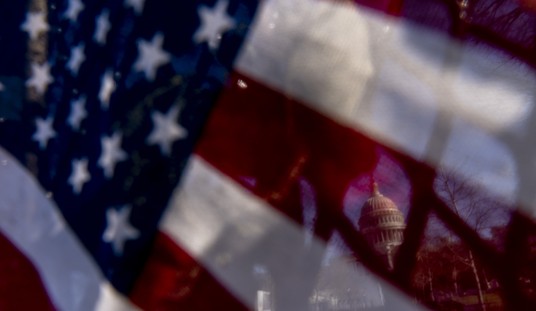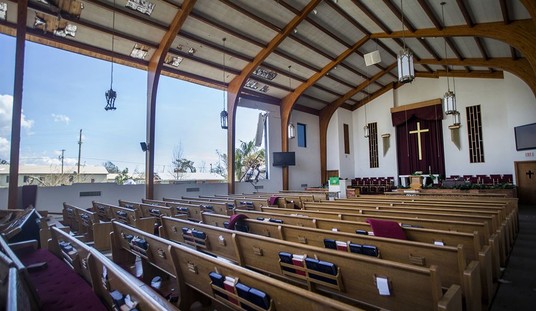UC Berkeley has been using DEI statements to decide which faculty it will hire.
During the 2018-19 academic year, Berkeley’s life sciences departments launched an initiative to advance faculty diversity. As part of the initiative, applicants for full-time faculty positions were required to submit statements on their “contributions to diversity, equity and inclusion,” including information about their “understanding of these topics,” “record of activities to date,” and “specific plans and goals for advancing equity and inclusion.”
When the Foundation for Individual Rights in Education (FIRE) heard about it, they filed an FOIA request for documents related to the school’s hiring process. That request was submitted in March 2021. Berkeley acknowledged the request but the documents never arrived and Berkeley failed to give FIRE a timeline for when they could expect to receive them as required by law. Finally, in February of this year FIRE threatened to sue.
Berkeley failed to follow the PRA procedures an agency must follow when it receives a request for public records.
Upon receiving a request for public records, the Act requires an agency to “determine whether the request, in whole or in part, seeks copies of disclosable public records in the possession of the agency and shall promptly notify the person making the request of the determination and the reasons therefor” within 10 days. Cal. Gov’t Code §7922.535 (a). Once an agency determines that a request seeks public records within its possession, it must state the estimated time and date when those records will be made available.
Now, nearly two years after FIRE issued its initial request, Berkeley has still not made a determination as to whether it has disclosable public records in its possession, nor provided FIRE with a meaningful estimated time and date for record production. Berkeley’s two automatically generated replies estimated that production for all new requests would occur within 10 weeks, but Berkeley failed to provide FIRE with an updated estimate each time its estimated timeframe elapsed…
We would prefer to resolve this matter promptly without the need for further action. However, we caution that FIRE is committed to using all of the resources at its disposal to see this matter to a just conclusion and to uphold the public’s “fundamental and necessary right” to access “information concerning the conduct of the people’s business.” Cal. Gov’t Code § 7921.000. This is not an idle threat. FIRE encountered similar issues concerning PRA compliance with the University of California, Los Angeles in 2018, and we ultimately obtained a judgment in our favor in that matter after months of motions practice and discovery.
Finally in May the documents requested 27 months earlier arrived. They show that Berkeley’s hiring committee had created a rubric which discounted applications from anyone who didn’t seem sufficiently committed to DEI.
According to the rubric the hiring committee used to evaluate the statements, candidates who “discount the importance of diversity,” or who don’t feel personally responsible for advancing diversity, equity, and inclusion, received lower scores. As would anyone who “[d]efines diversity only in terms of different areas of study or different nationalities, but doesn’t discuss gender or ethnicity/race.” The rubric even penalizes candidates who “state that it’s better not to have outreach or affinity groups aimed at underrepresented individuals because it keeps them separate from everyone else, or will make them feel less valued.”
Unsurprisingly, all five of the life sciences departments’ new faculty hires endorsed Berkeley’s commitment to DEI initiatives.
You can see the document they used to score applicants here. The gist is that anyone hired at Berkeley has to be a full time DEI staffer in addition to whatever subject matter expertise they are supposed to teach. So, for instance, a top score would be someone who has “clear knowledge of, experience with, and interest in dimensions of diversity that result from different identities,
such as ethnic, socioeconomic, racial, gender, sexual orientation, disability, and cultural differences.” In the past they would have “organized or spoken at workshops or other events (depending on career stage) aimed at increasing others’ understanding of diversity, equity, and inclusion as one aspect of their track record.” Finally, if hired they would have “clear and detailed ideas for what existing programs they would get involved with and what new ideas they have for advancing equity and inclusion at Berkeley.”
This sort of ideological screening should not be the goal of a university. As FIRE puts it:
Vague or ideologically motivated DEI statement policies can too easily function as litmus tests for adherence to prevailing ideological views on DEI, penalize faculty for holding dissenting opinions on matters of public concern, and “cast a pall of orthodoxy” over the campus…
…the last thing universities need is yet another tool for ensuring faculty or students embrace a preordained consensus on issues of social and political significance. Yet, apparently not content with all of the existing hurdles they place before faculty with minority views, more and more universities are imposing politicized DEI statement requirements…
…the typical DEI statement policy is not concerned merely with a faculty member’s relevant scholarship or the laudable goal of ensuring faculty refrain from discrimination or work toward the success of all of their students, regardless of identity. Many policies invade faculty members’ freedom of conscience, prying into their private beliefs on matters of public concern. They compel faculty to express or demonstrate commitment to the university’s viewpoints or to conform their pedagogy, research, and/or service activities to specific ideological perspectives…
It is not the role of the university to harden a select set of views into incontrovertible dogmas, short-circuiting the current of intellectual inquiry. Academia is a place to test ideas, not scholars’ loyalty to them.
All of that seems pretty obvious to someone my age but it’s not obvious anymore to the progressives and highly-paid DEI staffers working at these universities.







Join the conversation as a VIP Member